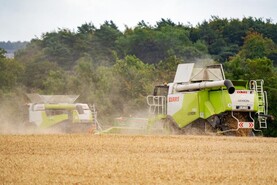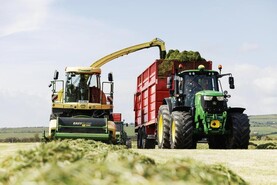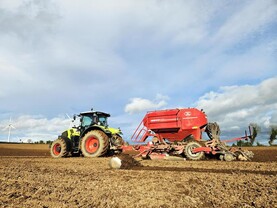In the past week, the negative aspects of social media have filled our news feeds and made headlines in national papers.
The lack of social interaction due to COVID-19 has effectively left us turning to that 5in device in our pockets, the notorious smartphone, to interact with the outside world.
It is worth reminding people that the power of social media is something not to be underestimated.
The old fashioned saying, “You reap what you sow”, has never been more true.
As you click that ‘share’ button on your latest tweet or Instagram post, farmers must realise what you post on social media can and will come back to haunt you, whether that’s sooner or later.
The past couple of weeks have seen members of the farming community scrutinised for thoughtless social media posts.
There are many farmers who dedicate their social media accounts to promoting the positive aspects of Irish agriculture, including students from CBS Nenagh who have used social media to warn others of the dangers of farm work.
However there are others who post with little thought and ultimately undo the good work of those who are trying to shine a positive light on the industry.
It’s entirely understandable that young people, starved of normal contact with each other, are getting sucked into posting dangerous and reckless behaviour on social media. It’s also unacceptable, and it needs to stop now.
Recklessness is driven by a hunger for views or likes, with many of the mindset, “the higher the risk, the higher the views”.
Another number which is increasing is the number of farm deaths, with nine lives lost so far this year.
Parents and employers have to clamp down on reckless behaviour, in the fields or on the road, with animals or machinery. Drivers have a duty of care to themselves and other road users. It should also be remembered that phone usage is prohibited while driving tractors and other farm machinery on the road.
The Dealer suggests that everyone should review their social media usage, and perhaps take a break this week.
At the end of the day, virtual contact is endangering real lives, and ultimately it isn’t worth it.






 This is a subscriber-only article
This is a subscriber-only article










SHARING OPTIONS: